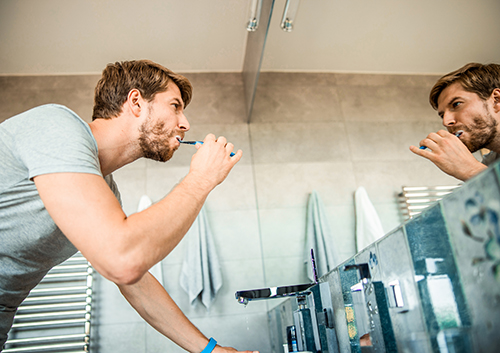Most Valuable Dental Treatments
September 25th, 2024

At Fletcher Heights Dental Care, we work to find a dental plan that will work best and most effectively for you. But we’ve found that three treatments tend to be the most common and useful. If you ever find yourself in any of the following situations, we suggest you look at these options.
If you’ve lost teeth due to trauma, fracture, or decay, dental implants are a great choice. With all the technology available to us now, dental implants look and function exactly the way a natural tooth would. They blend in perfectly and are custom made to fit you. They’re a great investment that will restore the balance to your smile.
If you struggle with stress and catch yourself clenching or grinding your jaw, you may want to consider a bite guard. Constant grinding of teeth is dangerous for fillings and crowns, as well as natural teeth. It can cause serious joint inflammation as well as headaches. Luckily, bite guards can be worn night or day (depending on what you need), and are a great way to prevent further grinding.
Finally, there’s teeth whitening. It’s not uncommon for patients to want to brighten their smile, and the best way to do it by far is with in-office tooth whitening. There are many DIY options out there, of course, but in-office whitening has greater benefits.
When the whitening gel is applied to your teeth, we make sure your gums are protected. The results are generally faster and last longer with this approach, as well. Other methods may work, but they typically don’t last as long; sometimes they may not fully whiten all areas of your teeth.
No treatment is as easy and free of challenges as it seems. You still have to care for implants like regular teeth, which means no skimping on brushing and flossing just because they’re fake. Bite guards must be worn regularly to be effective. They also must be customized for your teeth; otherwise, they can be uncomfortable.
Whitening may cause temporary sensitivity in some mouths. For others, genetics may prevent you from achieving the precise shade you want.
If you have additional questions, feel free to call our Peoria office. Our team is here to help you achieve your best possible smile!


